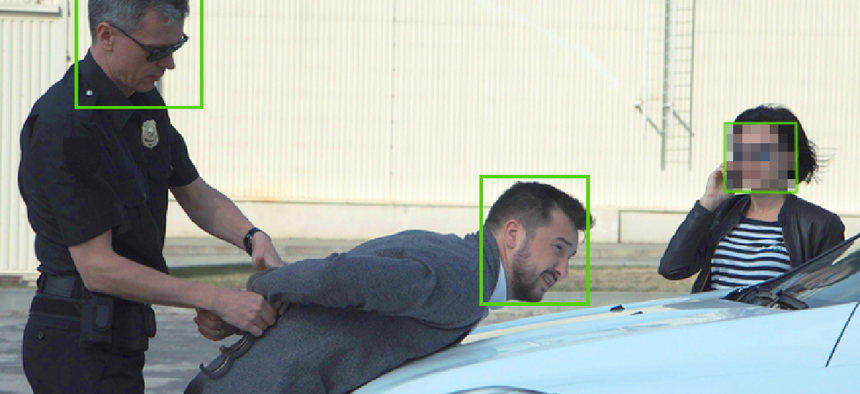Data transparency helps builds public faith in police

Making reliable data available quickly to local communities can foster the transparency that builds trust between law enforcement agencies and the general public.
For much of the last decade, transparency has been central to the national conversation about policing. Amid calls for “defunding the police,” communities are now demanding more information from their local law enforcement agencies, sooner, than ever before.
Public misconceptions about the police sometimes manifest due to the lack of understanding about operations and restricted access to records, according to a recent report from Veritone. Titled “Transparency and Trust: Shining Light on Police & Community Relationships and How Technology Can Help,” the report also states that with better technology and objective data, law enforcement agencies can provide more insights into their operations and win back their constituents’ faith.
“It is a requirement on our part to educate our community when we are starting to use technology for [the public’s] betterment,” Anaheim, Calif., Police Chief Jorge Cisneros said at a Nov. 9 Veritone panel discussing the findings of the report. “It’s important to educate them as to what [the technology] does and does not do and the safeguards that we’ve put in place.”
Delays in release of video from police body cameras is one area that can be improved with artificial intelligence.
Video redaction, which is required to scrub video of personally identifiable information of innocent individuals, is often an expensive and tedious process that prevents authorities from releasing body-worn camera or dashcam footage in a timely manner. In the past, the Anaheim Police Department would spend four hours to clean up one hour of footage, Cisneros said. With AI-enabled redaction solutions, the task can be cut down to minutes, allowing for faster disclosure.
The police chiefs agreed that reducing the time it takes to release these videos to the public would be a big step toward developing a transparent relationship with the community. Thomasville, Ga., Police Chief John Letteney echoed this sentiment, adding agencies must also explain the regulations and reasoning governing decisions to release video.
“Agencies must have a way to quickly find and share appropriate information, while protecting PII and other sensitive details,” Indiana State Police Superintendent Doug Carter said in the report. “This can only happen with AI and we must invest now. Because everyday we don’t, we must spend limited budgets to fund personnel to maintain and find this information as opposed to investing in officers to help keep our communities safe.”
NEXT STORY: States With the Most and Least At-risk Youth





